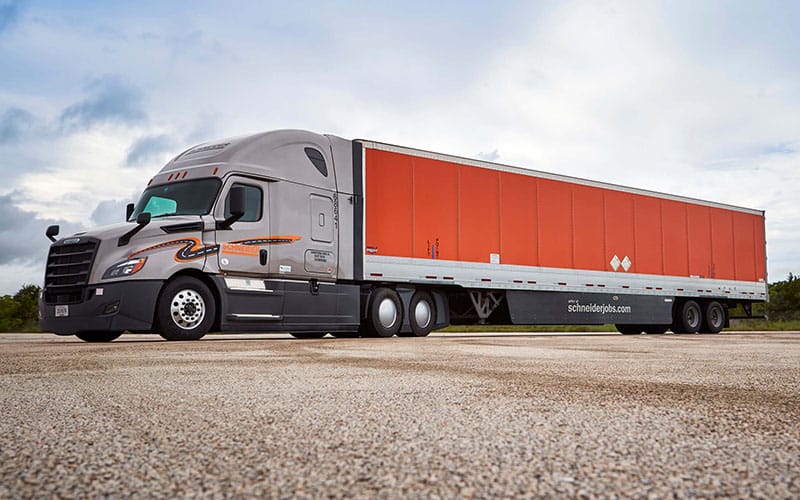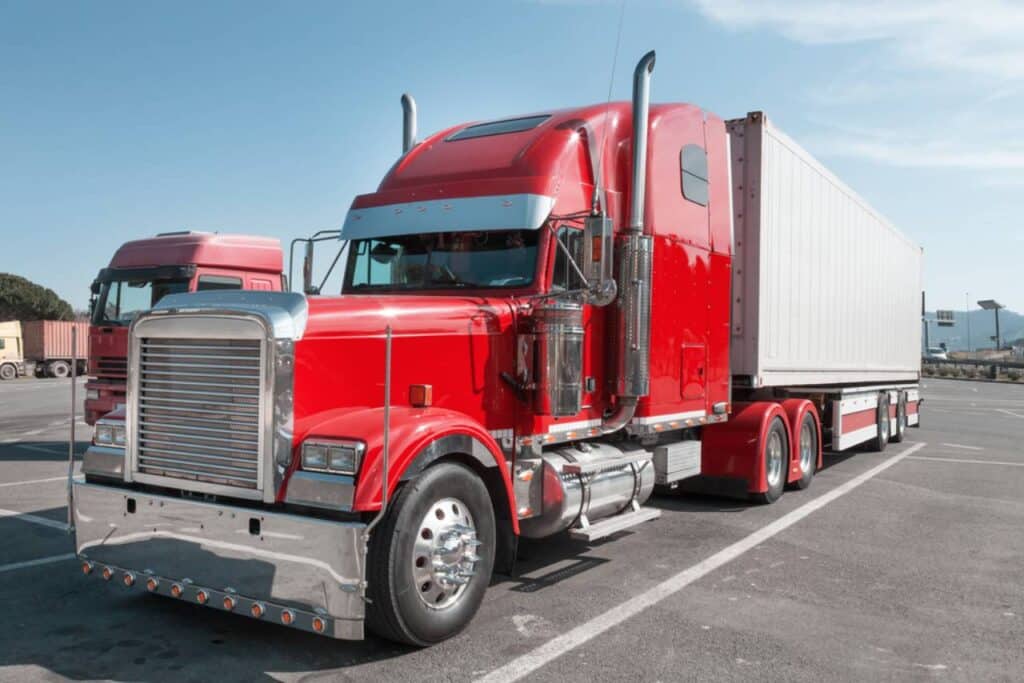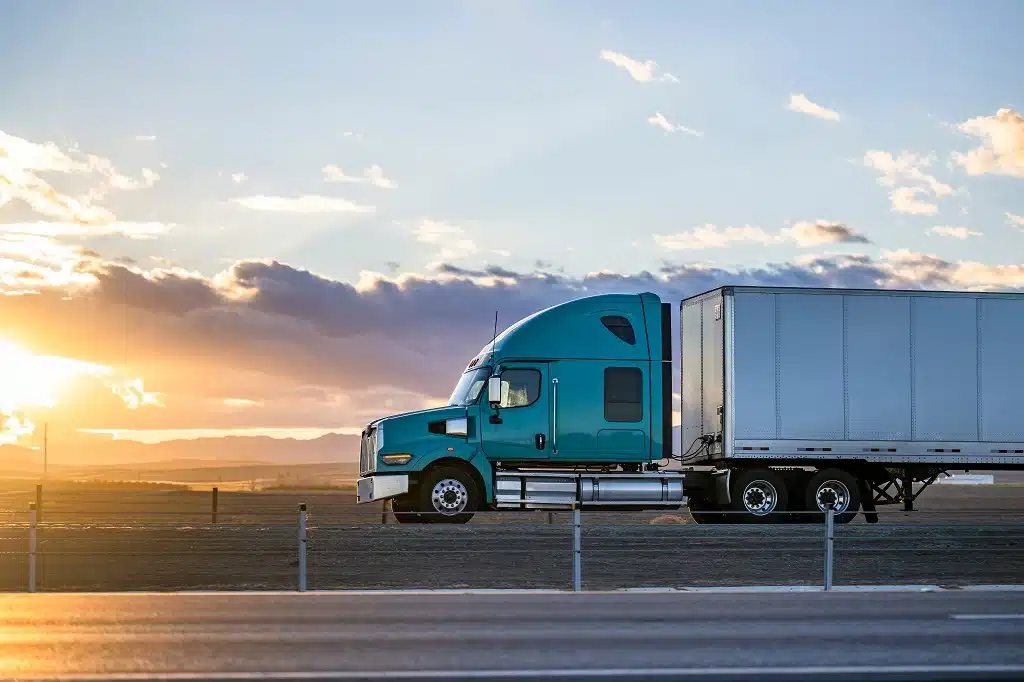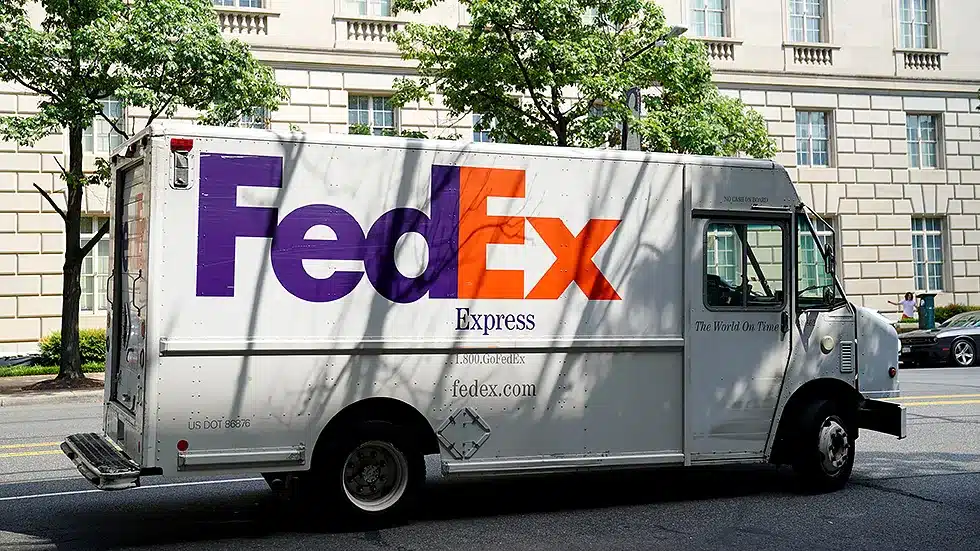Car accidents are unfortunate and unexpected events that can happen to anyone at any time. When these accidents involve rental cars, the legal landscape can become even more complex. Rental car companies have their own sets of rules and regulations, and understanding the legal implications of car accidents involving rental cars is crucial for all parties involved. In this blog, we will explore the legal aspects surrounding such accidents, including liability, insurance, and the steps you should take if you find yourself in this situation.
Liability in Rental Car Accidents
Determining liability in car accidents involving rental cars can be challenging. Liability often depends on the specific circumstances of the accident. Here are some common scenarios:
a. Renter’s Liability: If the person who rented the car was driving at the time of the accident, they are usually the primary party responsible for the accident. Their personal auto insurance may cover damages up to the policy limits, but it may not cover everything.
b. Additional Drivers: Rental car companies frequently allow additional drivers for an extra fee. In the event of an accident, these drivers may also share liability, depending on their involvement and the terms of the rental agreement.
c. Negligent Third Parties: If the accident was caused by a negligent third party, such as another driver, the liability may rest with that third party. However, the rental car company and the renter may still be involved in the legal process.
Rental Car Insurance
Rental car companies typically offer various insurance options to renters, which can add complexity to the legal situation:
a. Collision Damage Waiver (CDW): This optional coverage may protect the renter from paying for damages to the rental car. If you purchased CDW, the rental company generally covers the cost of repairs.
b. Liability Insurance: Rental companies also offer liability insurance, which can cover damages and injuries to others involved in the accident. If you have a personal auto insurance policy, it may also extend to rental cars.
c. Credit Card Coverage: Some credit card companies offer rental car insurance as a benefit to their cardholders. This can serve as a secondary form of coverage, potentially reducing out-of-pocket expenses.
Steps to Take After a Rental Car Accident
If you’re involved in a car accident while driving a rental car, here are some crucial steps to follow:
a. Ensure Safety: First, ensure the safety of all parties involved. Call for medical assistance if necessary and report the accident to the police.
b. Notify the Rental Company: Contact the rental company as soon as possible to inform them of the accident and follow their specific instructions.
c. Document the Scene: Take photos of the accident scene, including vehicle damage, license plates, and any relevant road signs. Collect witness information if possible.
d. Exchange Information: Exchange contact and insurance information with other drivers involved. This includes name, phone number, address, insurance company, and policy number.
e. File a Police Report: In most cases, you should file a police report. This report can be crucial for insurance claims and legal proceedings.
f. Contact Your Insurance Company: Notify your personal auto insurance provider of the accident, even if you purchased insurance from the rental company.
g. Consult an Attorney: Depending on the circumstances and the severity of the accident, you may want to consult an attorney who specializes in personal injury or car accident cases.
Car accidents involving rental cars can lead to complex legal situations, with multiple parties and insurance policies involved. Understanding liability, insurance coverage, and the appropriate steps to take after an accident is crucial for a smooth resolution. It’s always a good idea to be well-informed about your rental car agreement and insurance options before hitting the road to ensure you’re adequately prepared in case of an unexpected accident.







